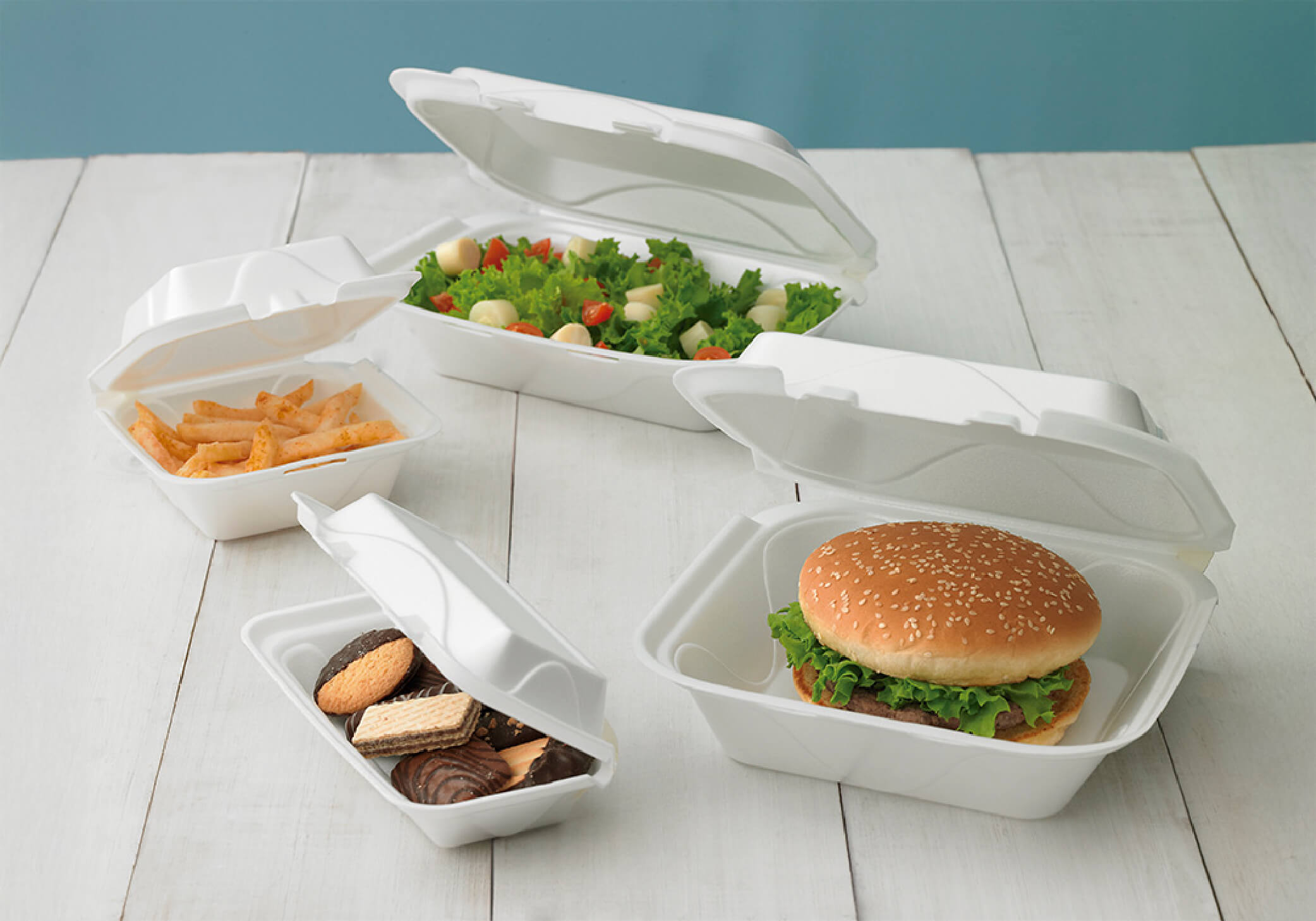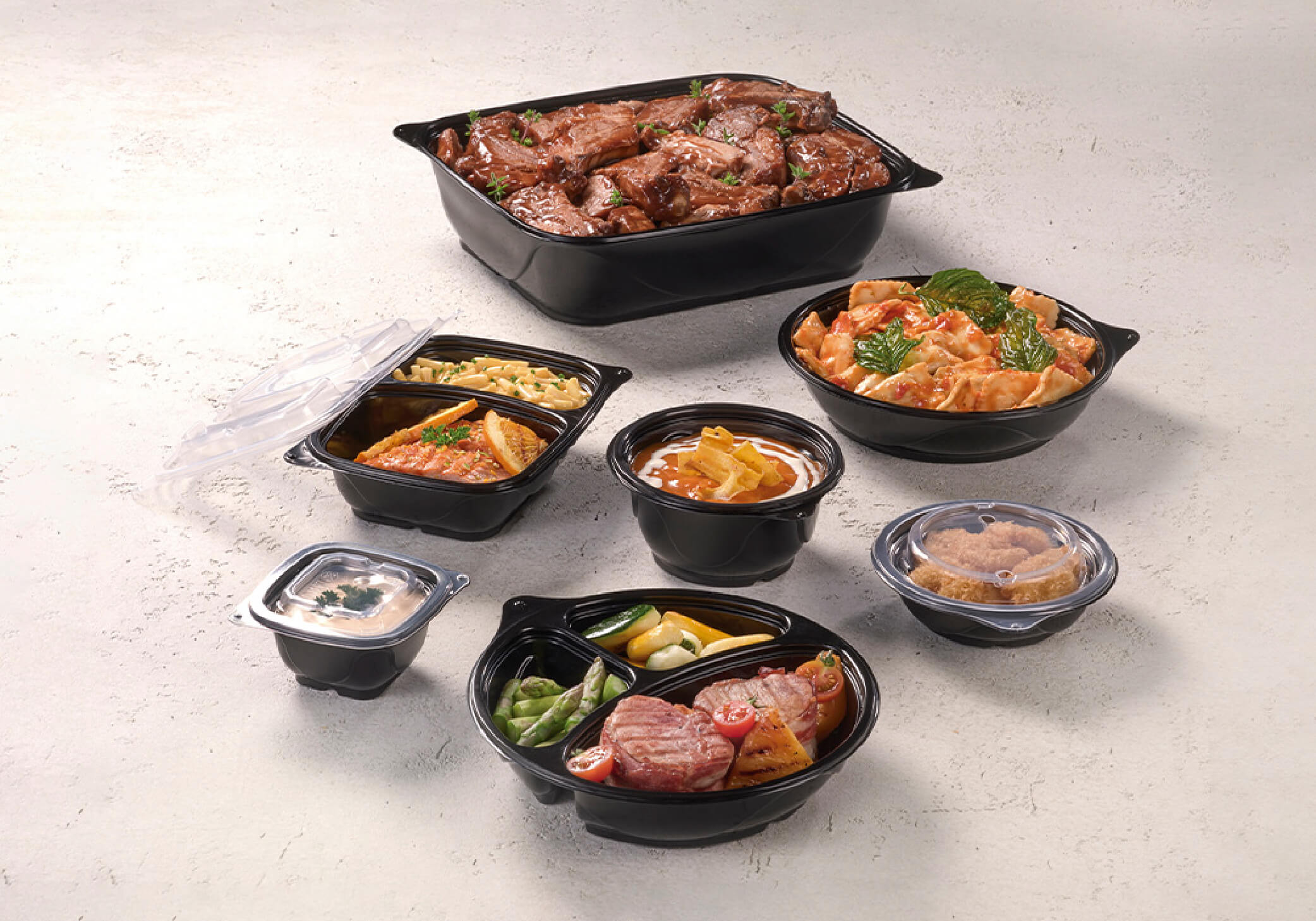
Food waste is a serious issue in the United States and around the world. According to the U.S. Department of Agriculture (USDA) and the Environmental Protection Agency (EPA), between 30% to 40% of the U.S. food supply is wasted every year. That’s approximately 80 million tons of food discarded annually, equivalent to over $400 billion worth of food, creating a massive environmental, social, and economic burden.
Many states and cities across the U.S. have implemented food waste reduction initiatives, donation laws, and zero-waste goals. Key efforts include:

Whether to comply with local initiatives or simply promote sustainability, restaurants across the U.S. benefit from using practical, safe, and eco-friendly packaging. Darnel packaging stands out for its quality and innovation in the foodservice industry.
By adopting Darnel packaging, restaurants not only support food waste reduction efforts but also enhance the customer experience by making it easy to take leftovers home.

Every action to reduce food waste matters, especially in a country where millions face food insecurity while tons of edible food go to waste. Simple habits like packing leftovers, meal planning, and proper storage can make a real impact, for the planet, the community, and your wallet.